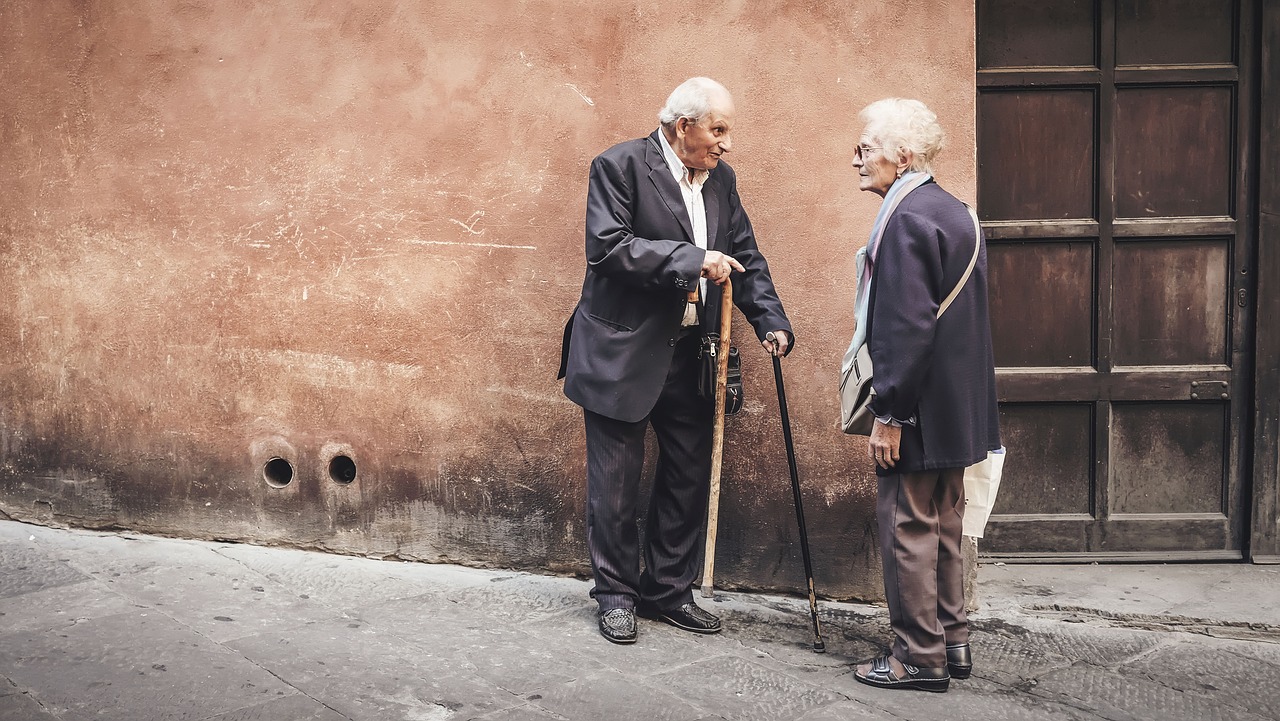Loneliness is a costly societal problem. The elderly are particularly at risk of loneliness because they are confronted with the loss of, for example, work and loved ones. People of 40 years and older who are regularly grateful appear to feel less lonely. How is that possible? Esther Frinking answers this question in a study published in Aging & Mental Health. She did this together with her team, which is a collaboration between the Open University Netherlands and IGDORE. She asked 163 people between the ages of 41 and 92 about their gratitude and psychological flexibility, and whether they felt lonely. From her results, psychological flexibility appeared to be an important mechanism between gratitude and loneliness.
Gratitude
That gratitude is associated with more positive and less negative emotions, has been regularly found in various studies (Jans-Beken, 2018). Why this is, is still unclear. Wood and colleagues (2010) suggested two underlying mechanisms. First, the ingredients of gratitude – intention, costs, benefits and responsiveness – may lead to more positive feelings. Their other suggestion was that grateful people are handling difficulties more actively and are less inclined to avoid problems.
Psychological flexibility
The latter suggestion is particularly interesting. This idea is closely related to psychological flexibility, a term used in the Acceptance and Commitment Therapy (ACT). This term refers to the ability to deal with setbacks flexibly by increasing engagement in a meaningful and valuable life. Psychological flexibility has six core processes – acceptance, defusion, being present, itself as context, values and committed action. These processes overlap and are interconnected.
Less loneliness
This research by Frinking and colleagues shows that gratitude can support psychological flexibility in the elderly. People with more life experience know that life can be good, but also accept that life has setbacks (P. T. P. Wong, 2012). Gratitude helps to pause a moment and to pay attention to both inner feelings and the environment (Emmons and Mishra, 2011). As a result, thankful people are more likely to actively look for other people for social support. Contact with other people provides meaning to life, because important values such as kindness, gratitude and care are given a place in daily life, so that less loneliness is experienced.
Literature
- Emmons, R. A., & Mishra, A. (2011). Why gratitude enhances well-being: What we know, what we need to know. In Kennon M. Sheldon, Todd B. Kashdan, & M. F. Steger (Eds.), Designing positive psychology: Taking stock and moving forward (pp. 248–262). Oxford: Oxford University Press. ]
- Jans-Beken, L. G. P. J. (2018). Appreciating Gratitude: New Perspectives on the Gratitude Mental Health Connection (Open University Netherlands).
- Wong, P. T. P. (2012). Toward a dual-systems model of what makes life worth living. In P. T. P. Wong (Ed.), The human quest for meaning (pp. 49–68). Routledge.
- Wood, A. M., Froh, J. J., & Geraghty, A. W. A. (2010). Gratitude and well-being: A review and theoretical integration. Clinical Psychology Review, 30(7), 890–905.




